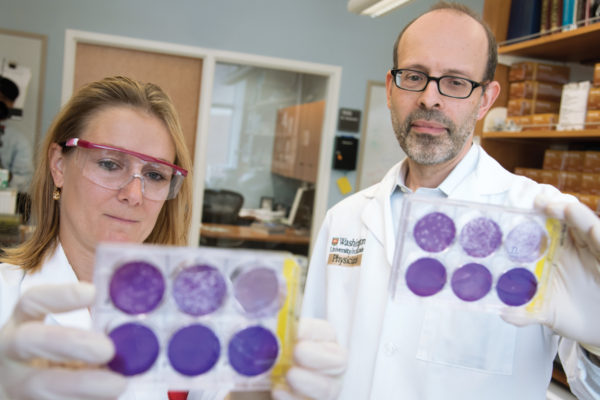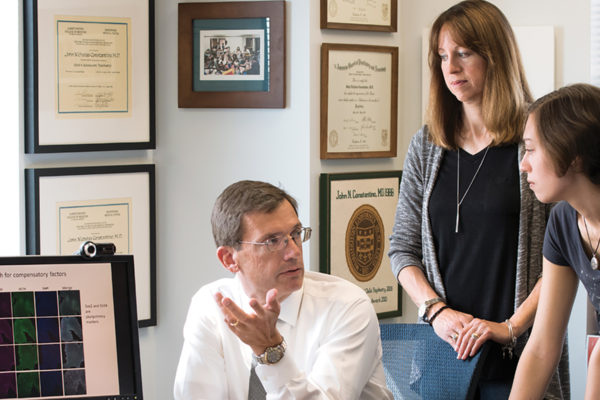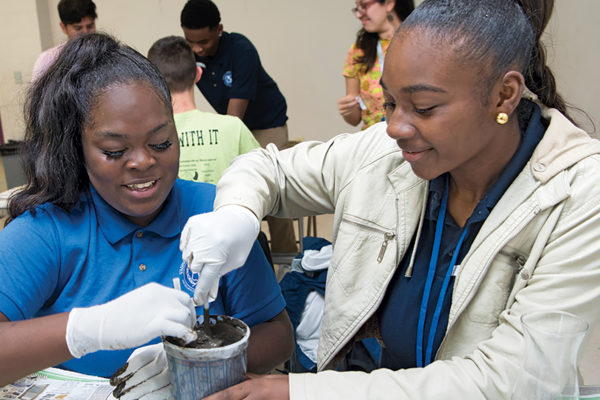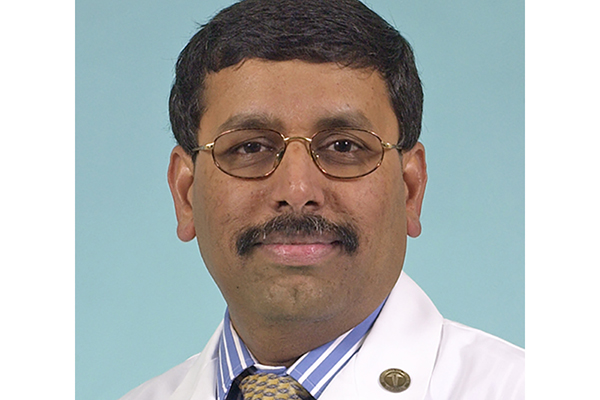University technology earned $16 million in 2016
Washington University in St. Louis made great strides in 2016 in developing and licensing innovative technologies to solve real-world problems. The university earned an estimated $16 million in royalties and licensing agreements related to technology development.
Designing a First Class Meal
The sharing economy is revolutionizing how consumers engage services and utilize resources. Could it also help solve the problem of hunger?
Resisting Zika
As the Zika epidemic took hold, leaders at the National Institutes of Health (NIH) realized they needed to learn about the virus quickly. They started phoning select scientists, and offered funding for Zika research. The School of Medicine answered the call
Blanchard receives teaching award
Melvin Blanchard, MD, a professor of medicine at Washington University School of Medicine in St. Louis and program director of the internal medicine residency at Barnes-Jewish Hospital, has received a 2017 Parker J. Palmer Courage to Teach Award.
Unraveling autism
A multifaceted study — one of three major approaches School of Medicine researchers are using to unravel the physical and psychological underpinnings of autism — aims to detect, treat and even reverse the disorder.
Storing and testing at any temperature
Engineers at Washington University in St. Louis develop new nanoparticle technology that eliminates the need for cold storage in some medical diagnostic tests.
Sparking curiosity
How graduate and medical students from Washington University’s Young Scientist Program are helping share science with area students. The program has been in place more than 25 years.
Many smokers with serious mental illness want to kick habit
Many with psychiatric problems want to quit smoking, but psychiatrists and caseworkers typically don’t prescribe medications to help them or refer them to services aimed at smoking cessation, researchers at the School of Medicine and BJC Behavioral Health in St. Louis have found.
Low levels of manganese in welding fumes linked to neurological problems
Welders exposed to airborne manganese at estimated levels below federal occupational safety standards exhibit neurological problems similar to Parkinson’s disease, according to School of Medicine research. The more they are exposed to manganese-containing welding fumes, the faster the workers’ signs and symptoms worsen. The findings, published Dec. 28, suggest current safety standards may not adequately protect welders.
Govindan receives smoking, disease award
Ramaswamy Govindan, MD, the Anheuser-Busch Endowed Chair in Medical Oncology at Washington University School of Medicine in St. Louis, is one of two researchers to receive the 31st annual Alton Ochsner Award Relating Smoking and Disease. The award recognizes investigators who promote understanding and awareness of that relationship.
View More Stories









